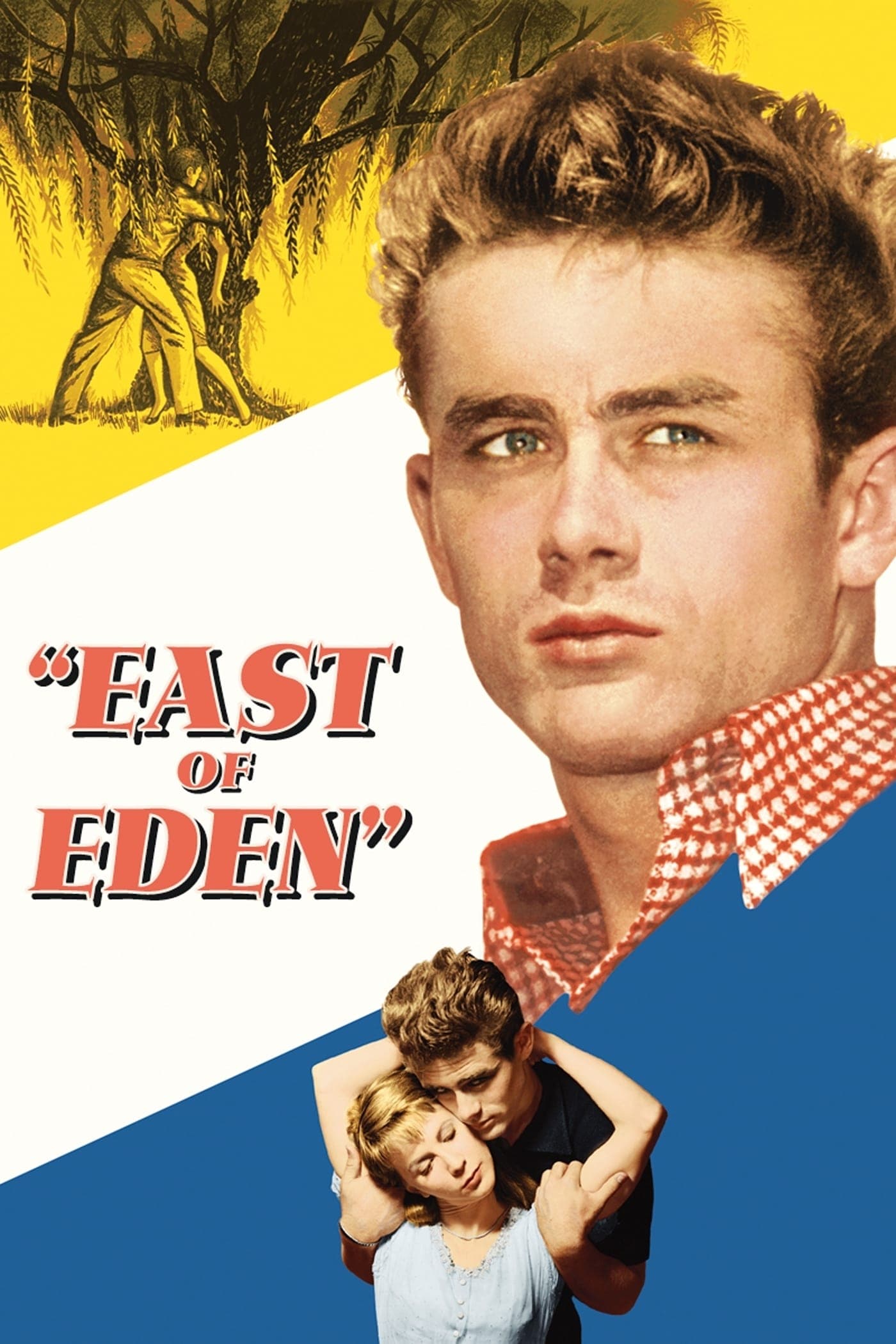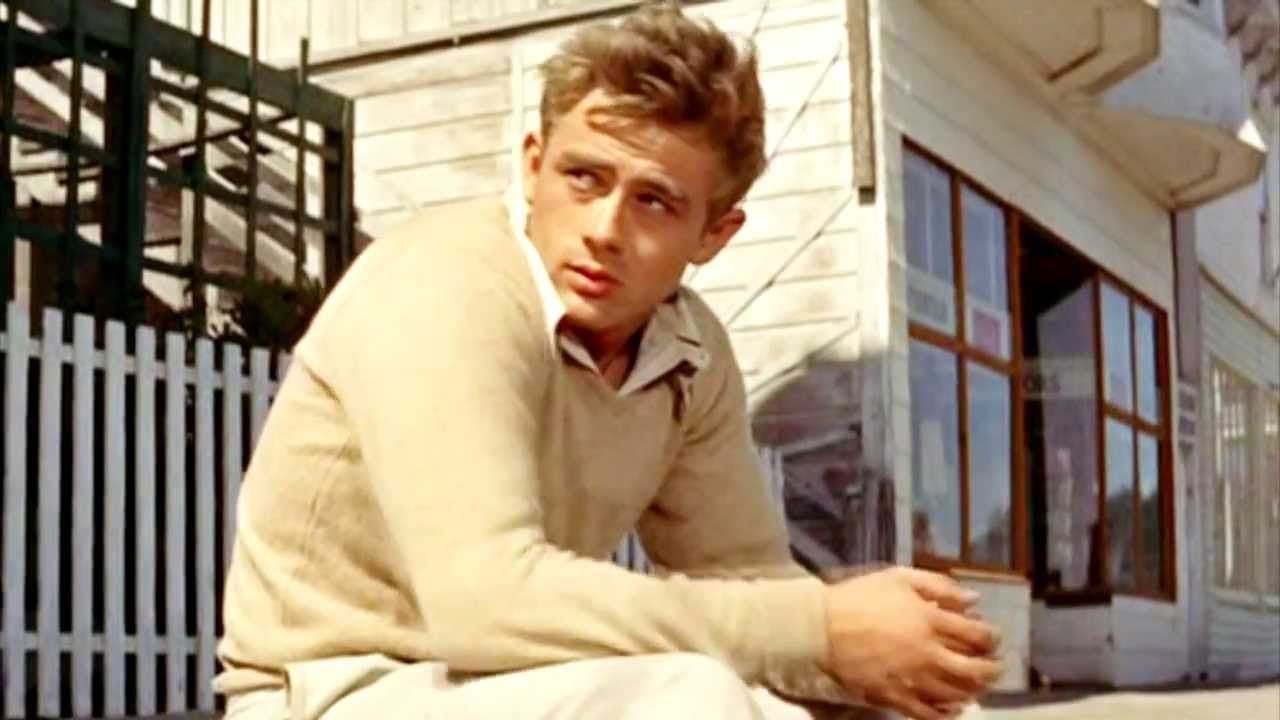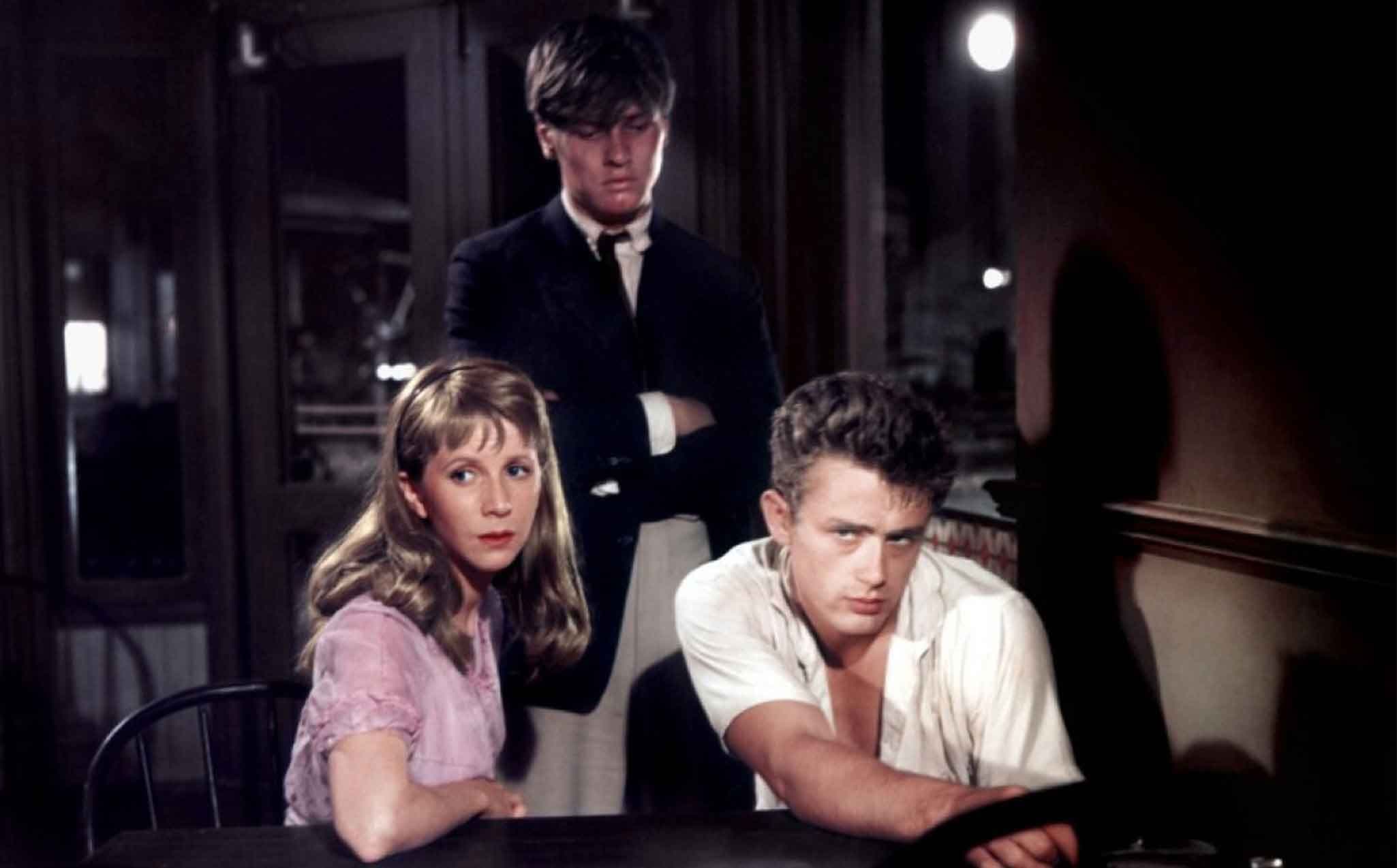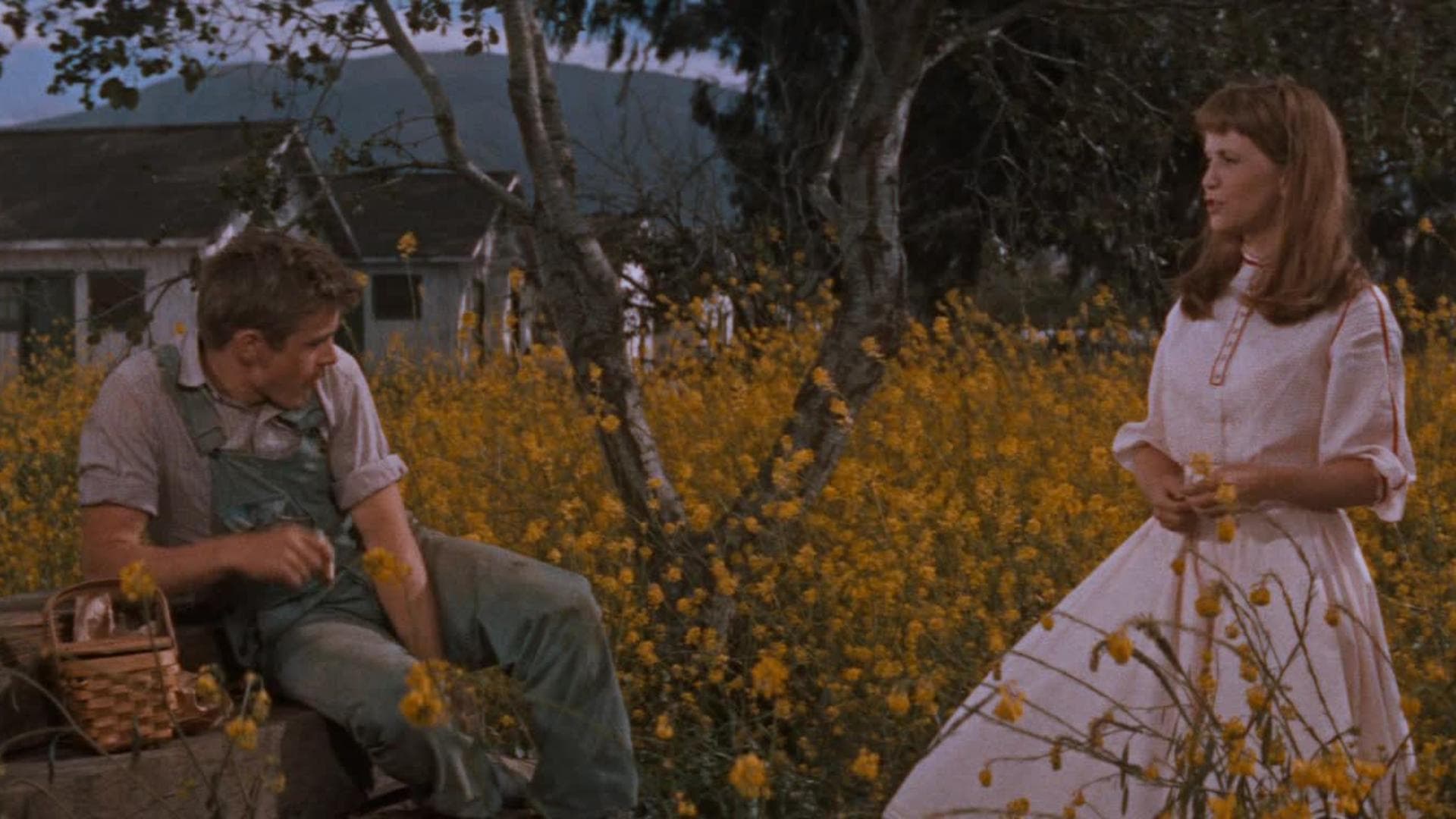
East of Eden
1955
Rate this movie
Average: 0.00 / 5
(0 votes)
Director
Elia Kazan, with great and sumptuous craftsmanship, not only translates but re-forges the novelistic material, shaping the impending human drama in every frame. His eye for composition, his ability to make the open spaces of the Salinas Valley breathe in Cinemascope, transforming the landscape into an objective correlative of the characters' tormented souls, elevate the film beyond mere transposition. Kazan, an undisputed master of Method Acting, imbues the narrative with such psychological depth as to make the latent disquiet almost palpable in every gesture, in every silence. He takes Steinbeck's novel and from a literary masterpiece manages to craft a cinematic masterpiece.
The story follows the deeds of Cal Trask, a young man in eternal competition with his brother Aron to gain a shred of love from their father, who prefers his elder son. This dynamic, which is the pulsating heart of the narrative, is but a resonance of the age-old biblical story of Cain and Abel, transposed into the complex and often hypocritical American morality of the turn of the century. Adam Trask, the father, embodies a rigid, almost puritanical patriarchal figure, whose blind adherence to an ideal of 'goodness' renders him tragically incapable of seeing and accepting Cal's darker, yet perhaps more authentic, nature. His desire to create an earthly Eden in the Californian valley clashes with the ineluctability of human nature, with intrinsic corruption, and with the legacy of a mother (the mysterious Kate) who, though absent, casts a long and indelible shadow over the destiny of her 'lost' son. It is a keen analysis of original sin not as divine punishment, but as an emotional and psychological burden passed down from generation to generation, making redemption an arduous and uncertain path.
During the upheaval of the First World War, Cal's father will lose a large part of his fortune, and Cal will feel compelled to rush to his aid, in a desperate attempt to win that never-obtained approval, almost as if to redeem a guilt not his own, but inscribed within his very being.
James Dean's performance is also exceptionally good, lending to Cal's restless character an underlying shadowiness that makes him more real and credible. In this, his first true foray onto the big screen and only film released during his lifetime, Dean doesn't merely act: he embodies Cal Trask. With his nervous gestures, tormented gaze, and vulnerability barely veiled by a facade of rebellion, Dean becomes the prototype of the misunderstood adolescent, the antithesis of a post-war America that concealed a deep sense of alienation beneath a surface of prosperity. His performance is not just 'good,' it's seismic; it redefined the archetype of the tormented youth hero, preceding the success of 'Rebel Without a Cause' by a short margin and consecrating him as a generational icon. He fits into a lineage of 'Method' actors like Marlon Brando and Montgomery Clift, but brings his own unique intensity, an inner fury that seemed to spring from a place of authentic pain, making him the emblem of an entire restless generation searching for meaning. His Cal is a volcano of repressed emotions, a raw soul desperately seeking a glimmer of love and acceptance, and this visceral quality captivates the viewer, dragging them into his emotional abyss.
Compared to Steinbeck's work, which was primarily one of social commentary, Kazan prefers to refine the psychological exploration of the characters, so that the sense of drama from a class conflict is lost, transforming instead into a generational conflict—this, without at all distorting the novel's meaning, it should be clear. This choice is not a limitation, but an exaltation of Kazan's directorial mastery. Always drawn to the complexities of the human soul – one thinks of 'A Streetcar Named Desire' or 'On the Waterfront' – the director focuses his lens on the intimate struggle for acceptance and filial love, reflecting the growing social and psychological anxieties of 1950s America. The 'generational conflict' is not merely a clash between old and new here, but an investigation into the capacity (or incapacity) for forgiveness, the search for identity in a world that seems to reject you, and on the persistence of original sin and the possibility of redemption. It is no longer material misery that defines the drama, but emotional destitution, the inability to communicate, unconfessable secrets, and the weight of a family past that crushes individuals. Kazan, in this sense, transforms Steinbeck's social macrocosm into an intensely intimate family microcosm, where every glance, every unspoken word, every gesture betrays a tormented soul.
A dazzling film in its immense stylistic power, a cornerstone not only in Kazan's filmography or James Dean's brief but dazzling career, but in the entire history of American cinema. It is a work that, while rooted in a specific historical and cultural context, transcends time and continues to speak with a powerful and moving voice of humanity's eternal struggles with its nature, with its heritage, and with its inalienable need for love and recognition. A masterpiece of melancholic beauty, that reverberates in the viewer's soul long after the credits roll, leaving a persistent echo of the valley, and its torments, in collective memory.
Genres
Country
Gallery



Comments
Loading comments...